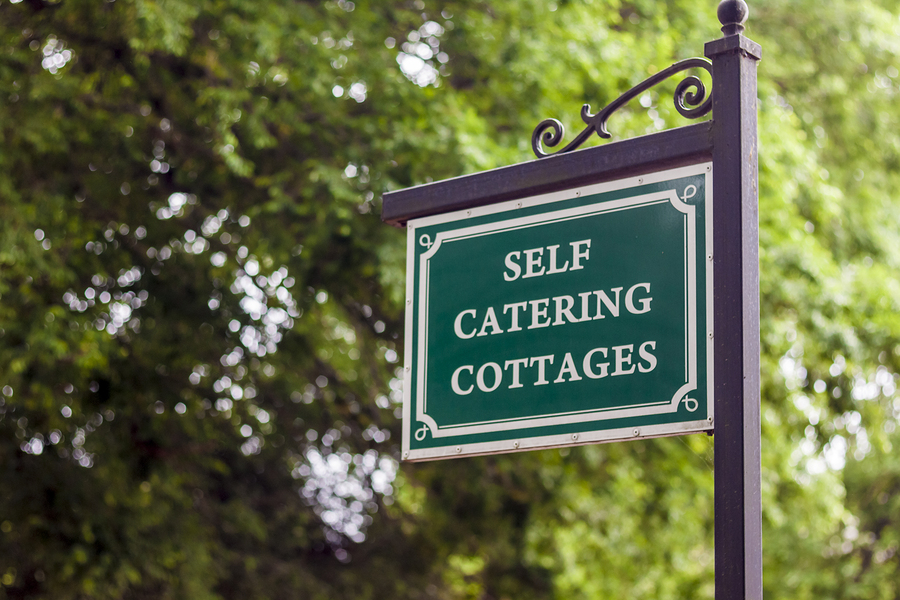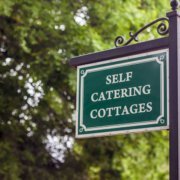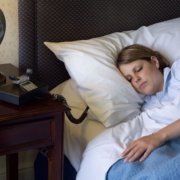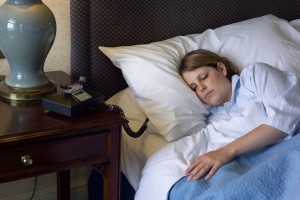
Business rates are a burden for many businesses across the country. With the recent emergence of the ‘sharing economy’ and an explosion of listings onto platforms such as AirBnB in recent years (there are more than 60,000 in London alone), many holiday cottage complex owners have been left looking over the fence at those offering accommodation free from the taxation they face in running their own tourism businesses.
Professional Association of Self Caterers (PASC UK) lobbying on business rates
In January 2019, the Professional Association of Self Caterers (PASC UK), who are the only association dedicated to lobbying on behalf of the sector across the UK, secured a change to the way that rateable values are calculated for some self-catering businesses throughout England and Wales after more than a decade of urging for adjustments to be made.
The alteration effects the percentages the Valuation Office uses in order to arrive at the businesses’ rateable value, with the result meaning a potential reduction of approximately one-third for many holiday cottage complex owners with five holiday letting units or above.
As the owners’ input into the business is now taken into consideration, it’s set to potentially benefit those small businesses that manage both the bookings and the guest welcome themselves, and where the self-catering business is a primary income stream for the owners.
Further information on ratable values
You can find further information on how rateable values have been reduced and the potential impact on your own business rates here: https://www.pascuk.co.uk/business-rates
Businesses should be able to apply for the reduction directly, with those successful able to claim back any overcharge to April 2017, when the current revaluation became effective.
Alistair Handyside MBE, who leads PASC and has been in the self-catering industry for more than 15 years said “Although this is a major breakthrough, it still leaves business rates too high for those self-catering businesses that do not benefit from the £12,000 threshold. PASC UK continues to get futher change from the Valuation Office and the organisation is part of a wide group lobbying for fundamental change to business rates.” PASC UK is also working on a number of other areas that directly effect holiday home and complex owners including the reinstatement of inheritance tax relief for genuine tourism businesses and ensuring the sector is safe and legal. For more information about them please visit: https://www.pascuk.co.uk/
Guidance on insurance for holiday cottage complexes and quotes are available from the Boshers friendly team on 01237 429444.



 As a
As a 
 There has been much conjecture over the potential impact of Brexit on the UK tourism sector since the EU referendum. One thing is for certain, all of the statistics now being released on last year’s visitor numbers are incredibly encouraging.
There has been much conjecture over the potential impact of Brexit on the UK tourism sector since the EU referendum. One thing is for certain, all of the statistics now being released on last year’s visitor numbers are incredibly encouraging.
 Many
Many 
 Being awoken in the middle of the night by the loud blast of a fire alarm can be both terrifying and disorientating. There may well be a multitude of things rushing through your mind; is there really a fire or is it a false alarm? Where are the children? Which is the safest route from the building?
Being awoken in the middle of the night by the loud blast of a fire alarm can be both terrifying and disorientating. There may well be a multitude of things rushing through your mind; is there really a fire or is it a false alarm? Where are the children? Which is the safest route from the building?
